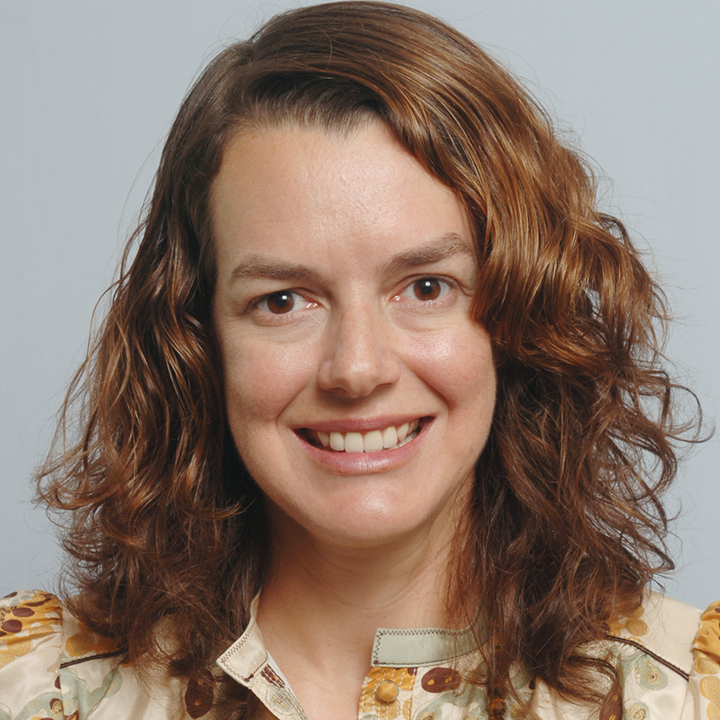Heidi Jacobe, M.D., M.S.C.S.
- Professor, Dermatology
- James N. Gilliam, M.D. Chair in Dermatology
- Distinguished Teaching Professor

“Don’t underestimate the power of closing doors so you can open new ones.”
Contributions to STEMM
Dr. Jacobe is a dermatologist and scientist “who does research on a rare skin disorder called morphea, or localized scleroderma,” she said. “Morphea is an orphan disease that causes hardening of the skin and can decrease the function of joints and produce pain and alterations in physical appearance. Even though morphea is about as common as childhood diabetes, very little is known about this condition.”
The goal of Dr. Jacobe’s research “is to better understand morphea and how it impacts patients and families with this condition so we can take better care of affected individuals. Thanks to the generosity of participants with morphea and a highly dedicated team, we now have the largest cohort of patients with morphea in the world,” she said.
Early Influences
Dr. Jacobe’s motivations to pursue medicine were influenced by those closest to her. “My family immigrated to the United States after being displaced from Central Europe after World War II. Because of the massive upheaval, no one in my family went to college,” she explained. “Despite this, my grandfather, who survived 10 years as a prisoner of war, always said: ‘The most important thing is an education, because no one can take that away from you.’ My grandmother, who worked as a janitor in a local college, brought home college textbooks that she found at the end of the semester and always encouraged me to read them so I could go to college one day.”
Her parents were another source of motivation. Her father and mother “worked as an auto mechanic and hairstylist while going to school at night, eventually becoming an airline pilot and aesthetician. My family were my first mentors, ingraining in me the importance of hard work, persistence, and education.”
“Mentors in science spanning from my early education through today have been critical. I was lucky enough to have so many women teachers that inspired me. They modeled that women could be interested in science,” she said. “I can conclude without a doubt that mentors were critical to not only launching my career, but my continued engagement and success even as I move to more senior positions.”
Taking Risks
“I am risk-adverse by nature; as a result I avoided risk earlier in my career,” explained Dr. Jacobe. “Several years ago, I had the insight that my avoidance of risk was a liability rather than an asset. After that, I made a conscious decision to take more risks. I realigned my research, reconsidered my career goals, and revised my career development program.” Ultimately this decision, “made a huge difference in terms of career satisfaction.”
The UT Southwestern Difference
View Academic Profile“I love my job because I routinely get to use my creativity to tackle complex tasks. I get to learn every day from colleagues across the enterprise. I have opportunity to pass on knowledge to trainees. Finally, I get to see the impact of my research when I see patients in clinic and can answer their questions because of the work my team has done. I feel lucky to have these experiences.”